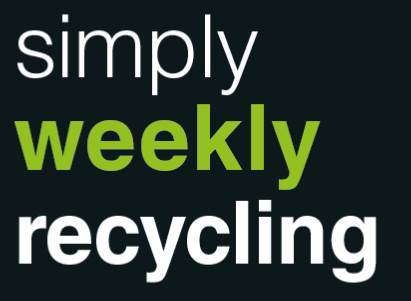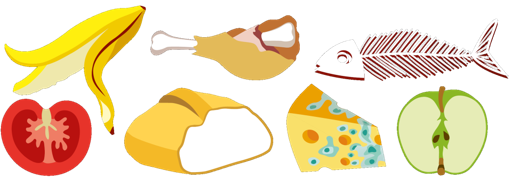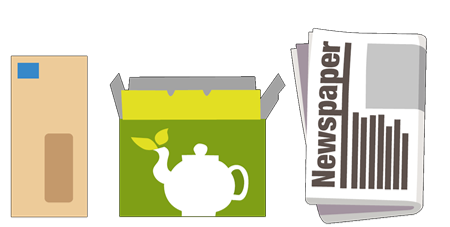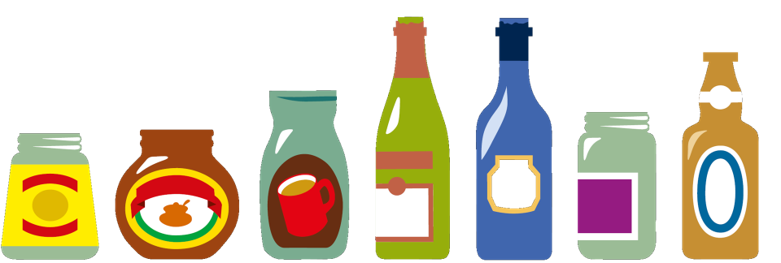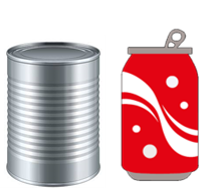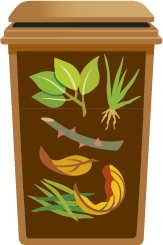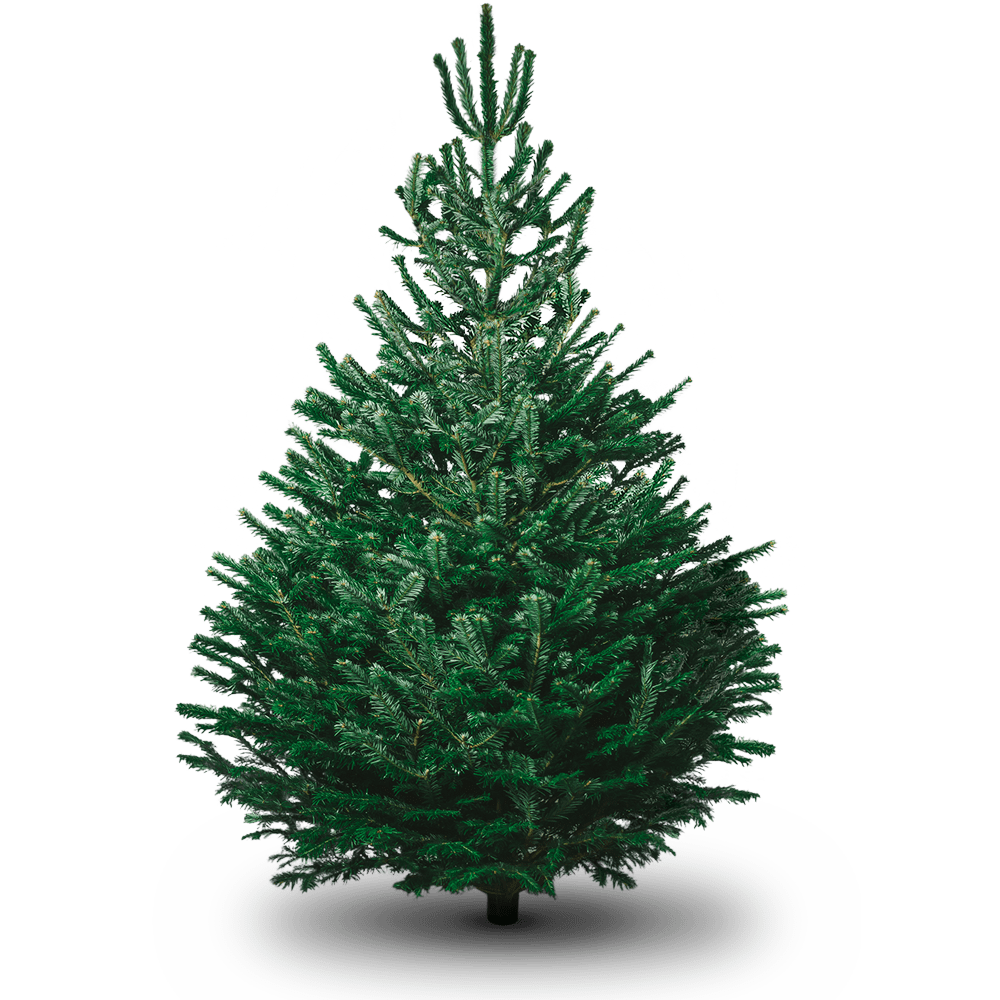Your recycling really does matter. Many things can be made from it, reducing both energy and raw material needs. Here are a few examples. Where does all this happen?
|
Food waste undergoes a process called anaerobic digestion. Microbes safely digest the food and destroy all harmful germs. A rich, clean compost is produced for use in agriculture. Methane generated in the digestion process is harnessed to generate electricity. |
Plastics are processed into new packaging and a multitude of other items. Did you know that a new fleece jacket can be made from just ten recycled plastic bottles? |
|
Paper is turned into new newsprint. It takes just six days to go from kerbside box back to news-stand. Cardboard is recycled into more cardboard boxes and packaging. Both paper and cardboard degrade each time they are recycled. So often new fibres from wood pulp will be added to get the quality right. Typically, recycled newspaper might contain about 70% recycled paper and 30% new fibres. |
Usually, glass bottles and jars are simply melted down and recycled into more bottles and jars. Doing this, rather than making them from new glass, reduces carbon emissions from manufacture by around 25%. Recycled glass can also be turned into pellets used as a subsurface in road-building. |
|
Steel and aluminium cans are easily recycled into a number of metal products - including new cans, of course. This uses only 5% of the energy that making brand new cans needs. |
Clean clothing, shoes, accessories and textiles may be re-used or re-sold. Please leave them in a sealed, clearly labelled bag next to your bins for recycling. Lower quality items may be recycled into other products such as cloths and wadding. |
|
Get your garden waste collection calendar. Join our garden waste recycling service. Garden waste is composted and used as soil-improver in major commercial projects or on large farms. The compost is not sold back to residents. Partly this is because of the contracts in place to provide compost to commercial projects. Also, it is because residential garden waste tends to be quite woody and so does not produce the right quality compost for use in domestic gardens. |
After Christmas we collect real Christmas trees from all residents. These go off for composting along with our general garden waste. |
Please help us get as much recycled as possible by putting the right thing in the right bin.
Will more be recycled in the UK in future?
We hope so. The government recently set out its waste strategy for England, part of which seeks to encourage recycling plants and new recycling technologies within the UK.
